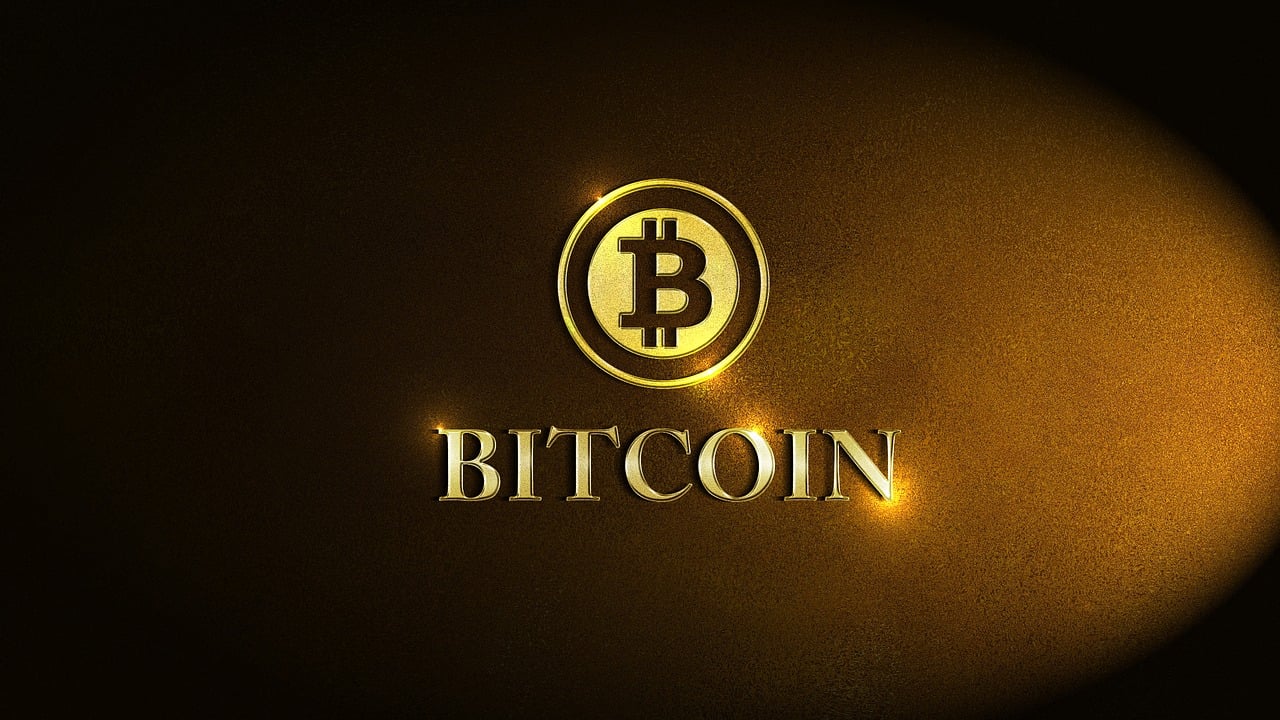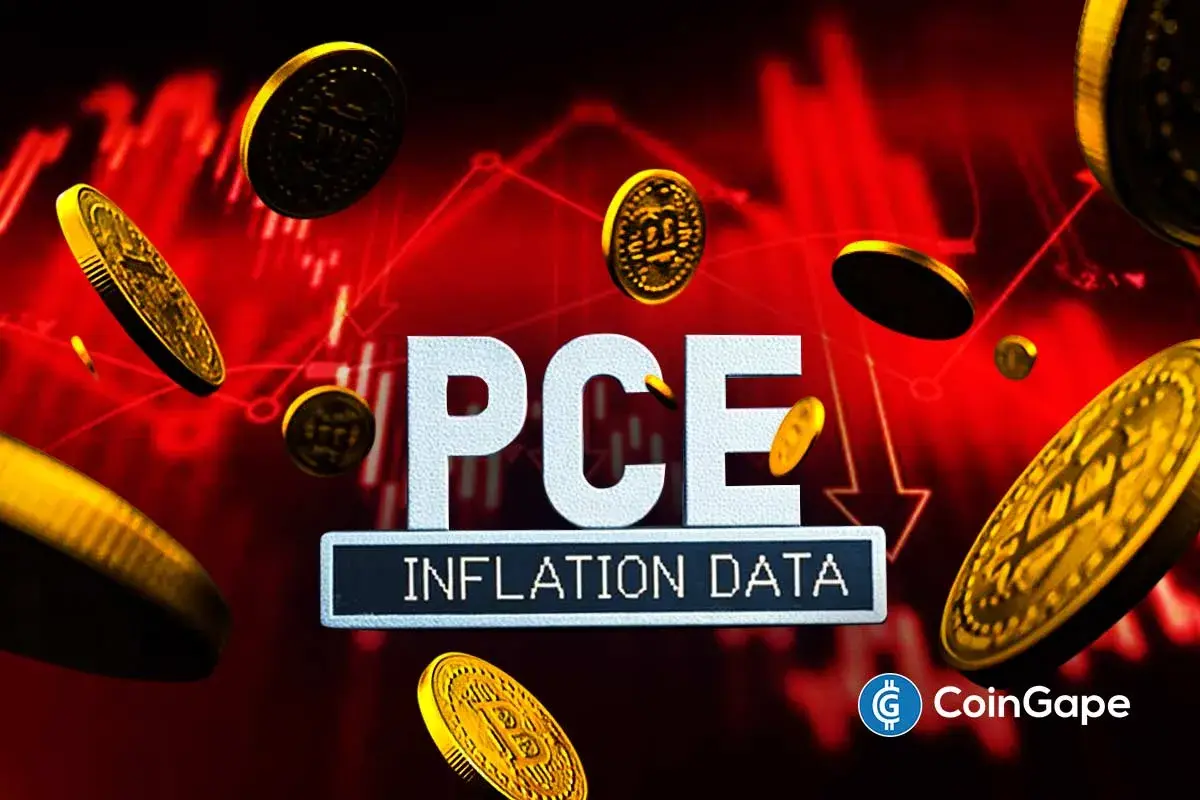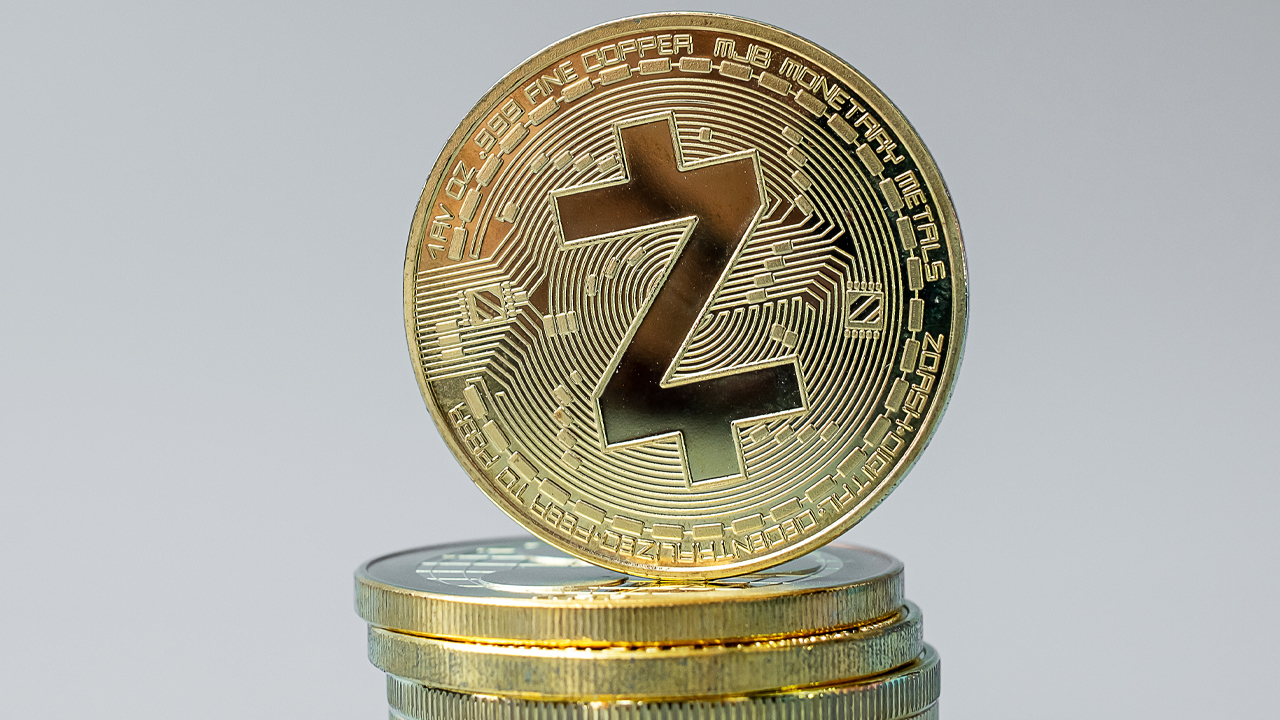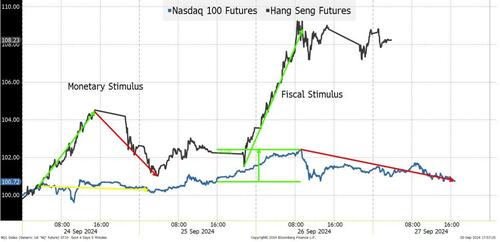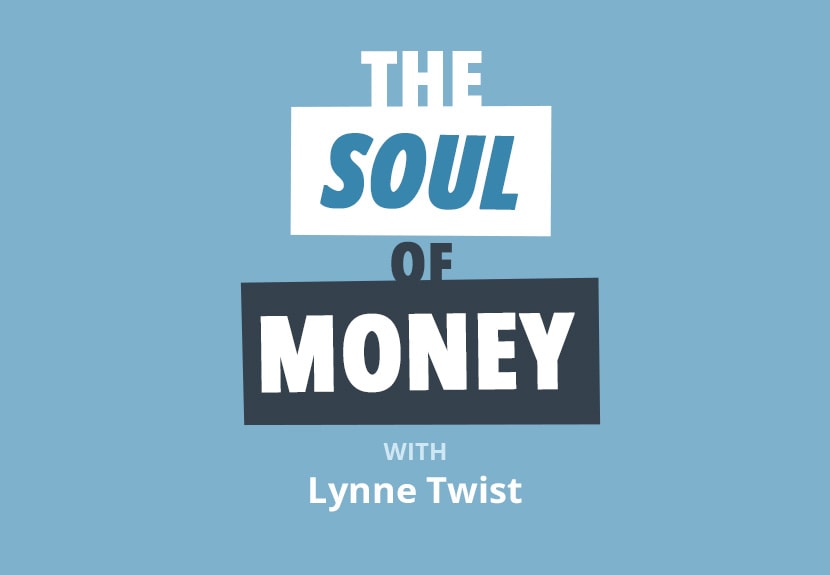Traditionally, the process of disbursing funds during humanitarian crises
has been marred by challenges such as bureaucratic delays, lack of
transparency, and the potential for mismanagement of funds. These hurdles not
only hinder the prompt delivery of aid but also erode the trust of donors and
beneficiaries. In response to these challenges, the financial services industry
is increasingly turning to blockchain technology as a viable solution.
Blockchain’s Role in Transparent Financial Transactions
Blockchain, the underlying technology behind cryptocurrencies like Bitcoin,
operates on a decentralized ledger system. Accordingly, instead of relying
on a central authority, transactions are recorded and verified by a network of
computers, ensuring transparency and accountability. In the context of
humanitarian aid, this decentralized nature can significantly streamline the
flow of funds and reduce the risk of corruption.
One of the key advantages of blockchain is its ability to create “smart
contracts” – self-executing contracts with the terms of the agreement
directly written into code: A feature which allows for automated and transparent
financial transactions, ensuring that funds are allocated and spent as
intended. Smart contracts, embedded within the blockchain, can be programmed to
trigger immediate disbursements when predefined conditions are met, eliminating
the need for manual intervention and expediting aid delivery.
Addressing Security Concerns with Blockchain
Security is paramount in any financial transaction, and humanitarian aid is
no exception. Blockchain’s cryptographic protocols provide a level of security
that is unparalleled in traditional financial systems. Transactions recorded on
the blockchain are tamper-resistant, reducing the risk of fraud and ensuring
that aid reaches its intended recipients.
Additionally, the decentralized nature of blockchain mitigates the risk of a
single point of failure. In the event of a crisis, where infrastructure may be
compromised, the distributed nature of blockchain ensures that the financial
system remains resilient and operational.
Real-world Applications and Success Stories
Several organizations and initiatives have already embraced blockchain
technology to enhance transparency and efficiency in humanitarian aid. The
United Nations World Food Programme (WFP) has successfully implemented
blockchain to distribute cash assistance to Syrian refugees in Jordan, enabling
recipients to purchase food from local markets. The transparent and traceable
nature of these transactions ensures that aid reaches those in need, fostering
accountability throughout the process.
Similarly, non-governmental organizations (NGOs) like Oxfam are exploring
blockchain solutions to track and authenticate cash transfers in crisis zones.
By leveraging blockchain, these organizations are not only improving the
efficiency of their operations but also instilling confidence in donors that
their contributions are making a meaningful impact on the ground.
A Catalyst for Innovation
The adoption of blockchain in humanitarian aid acts as a catalyst for
broader financial innovation. The lessons learned and the solutions devised for
transparent aid disbursement can be extrapolated to reshape traditional
financial systems. Financial institutions may find inspiration in the
efficiency, security, and transparency achieved through blockchain, prompting a
reevaluation of their own processes.
Global Collaboration and Standardization
Blockchain’s decentralized nature has the potential to foster increased
collaboration and standardization across borders. As humanitarian
organizations, governments, and financial entities collaborate on
blockchain-based solutions, they pave the way for the establishment of global
standards. These standards, once realized, could transcend the realm of
humanitarian aid, influencing how financial transactions are conducted
globally, with heightened security and interoperability at the forefront.
Trust and Accountability in Finance
The inherent transparency of blockchain transactions addresses a
longstanding issue in the financial services industry – the erosion of trust.
By showcasing a model where transactions are open, traceable, and automated
through smart contracts, blockchain technology has the power to rebuild trust
in financial institutions. As this technology matures, consumers and businesses
alike may come to expect a higher standard of transparency and accountability
in all financial interactions.
Challenges of Adoption and Regulatory Considerations
While the potential benefits are substantial, the road to widespread
blockchain adoption in financial services is not without challenges. Regulatory
frameworks must evolve to accommodate the nuances of blockchain technology,
ensuring its seamless integration into existing financial systems. Striking the
delicate balance between innovation and compliance will be crucial to realizing
the full potential of blockchain in reshaping the financial landscape.
Ripple Effects on Financial Inclusion
As blockchain facilitates transparent financial transactions, it has the
potential to contribute significantly to financial inclusion. The efficiency
and accessibility offered by blockchain-based systems may extend financial
services to unbanked and underbanked populations, providing them with a secure
means to engage in transactions and access financial services. This, in turn,
aligns with global efforts to bridge the financial inclusion gap.
Shift in Business Models
The integration of blockchain may necessitate a shift in traditional
business models within the financial services sector. Financial institutions
may need to adapt to the new paradigm by embracing decentralized approaches,
exploring tokenization of assets, and rethinking how they deliver services.
This shift could redefine the competitive landscape, with institutions that
embrace blockchain standing at the forefront of industry evolution.
Overcoming Challenges and Looking to the Future
While the potential of blockchain in humanitarian aid is vast, challenges
remain. Adoption requires collaboration among governments, NGOs, and financial
institutions, along with addressing concerns related to scalability,
interoperability, and regulatory frameworks.
As the financial services industry continues to embrace blockchain
technology, the impact on humanitarian aid is poised to be transformative.
Transparent, efficient, and secure financial transactions will not only ensure
that aid reaches those who need it most but also reinvigorate trust in the
humanitarian sector.
In conclusion, the marriage of blockchain and humanitarian aid represents a
paradigm shift in the way financial transactions are conducted during crises.
With continued innovation and collaboration, the promise of transparent and
accountable aid delivery may well become a reality, offering a brighter future
for those affected by adversity around the globe.
Traditionally, the process of disbursing funds during humanitarian crises
has been marred by challenges such as bureaucratic delays, lack of
transparency, and the potential for mismanagement of funds. These hurdles not
only hinder the prompt delivery of aid but also erode the trust of donors and
beneficiaries. In response to these challenges, the financial services industry
is increasingly turning to blockchain technology as a viable solution.
Blockchain’s Role in Transparent Financial Transactions
Blockchain, the underlying technology behind cryptocurrencies like Bitcoin,
operates on a decentralized ledger system. Accordingly, instead of relying
on a central authority, transactions are recorded and verified by a network of
computers, ensuring transparency and accountability. In the context of
humanitarian aid, this decentralized nature can significantly streamline the
flow of funds and reduce the risk of corruption.
One of the key advantages of blockchain is its ability to create “smart
contracts” – self-executing contracts with the terms of the agreement
directly written into code: A feature which allows for automated and transparent
financial transactions, ensuring that funds are allocated and spent as
intended. Smart contracts, embedded within the blockchain, can be programmed to
trigger immediate disbursements when predefined conditions are met, eliminating
the need for manual intervention and expediting aid delivery.
Addressing Security Concerns with Blockchain
Security is paramount in any financial transaction, and humanitarian aid is
no exception. Blockchain’s cryptographic protocols provide a level of security
that is unparalleled in traditional financial systems. Transactions recorded on
the blockchain are tamper-resistant, reducing the risk of fraud and ensuring
that aid reaches its intended recipients.
Additionally, the decentralized nature of blockchain mitigates the risk of a
single point of failure. In the event of a crisis, where infrastructure may be
compromised, the distributed nature of blockchain ensures that the financial
system remains resilient and operational.
Real-world Applications and Success Stories
Several organizations and initiatives have already embraced blockchain
technology to enhance transparency and efficiency in humanitarian aid. The
United Nations World Food Programme (WFP) has successfully implemented
blockchain to distribute cash assistance to Syrian refugees in Jordan, enabling
recipients to purchase food from local markets. The transparent and traceable
nature of these transactions ensures that aid reaches those in need, fostering
accountability throughout the process.
Similarly, non-governmental organizations (NGOs) like Oxfam are exploring
blockchain solutions to track and authenticate cash transfers in crisis zones.
By leveraging blockchain, these organizations are not only improving the
efficiency of their operations but also instilling confidence in donors that
their contributions are making a meaningful impact on the ground.
A Catalyst for Innovation
The adoption of blockchain in humanitarian aid acts as a catalyst for
broader financial innovation. The lessons learned and the solutions devised for
transparent aid disbursement can be extrapolated to reshape traditional
financial systems. Financial institutions may find inspiration in the
efficiency, security, and transparency achieved through blockchain, prompting a
reevaluation of their own processes.
Global Collaboration and Standardization
Blockchain’s decentralized nature has the potential to foster increased
collaboration and standardization across borders. As humanitarian
organizations, governments, and financial entities collaborate on
blockchain-based solutions, they pave the way for the establishment of global
standards. These standards, once realized, could transcend the realm of
humanitarian aid, influencing how financial transactions are conducted
globally, with heightened security and interoperability at the forefront.
Trust and Accountability in Finance
The inherent transparency of blockchain transactions addresses a
longstanding issue in the financial services industry – the erosion of trust.
By showcasing a model where transactions are open, traceable, and automated
through smart contracts, blockchain technology has the power to rebuild trust
in financial institutions. As this technology matures, consumers and businesses
alike may come to expect a higher standard of transparency and accountability
in all financial interactions.
Challenges of Adoption and Regulatory Considerations
While the potential benefits are substantial, the road to widespread
blockchain adoption in financial services is not without challenges. Regulatory
frameworks must evolve to accommodate the nuances of blockchain technology,
ensuring its seamless integration into existing financial systems. Striking the
delicate balance between innovation and compliance will be crucial to realizing
the full potential of blockchain in reshaping the financial landscape.
Ripple Effects on Financial Inclusion
As blockchain facilitates transparent financial transactions, it has the
potential to contribute significantly to financial inclusion. The efficiency
and accessibility offered by blockchain-based systems may extend financial
services to unbanked and underbanked populations, providing them with a secure
means to engage in transactions and access financial services. This, in turn,
aligns with global efforts to bridge the financial inclusion gap.
Shift in Business Models
The integration of blockchain may necessitate a shift in traditional
business models within the financial services sector. Financial institutions
may need to adapt to the new paradigm by embracing decentralized approaches,
exploring tokenization of assets, and rethinking how they deliver services.
This shift could redefine the competitive landscape, with institutions that
embrace blockchain standing at the forefront of industry evolution.
Overcoming Challenges and Looking to the Future
While the potential of blockchain in humanitarian aid is vast, challenges
remain. Adoption requires collaboration among governments, NGOs, and financial
institutions, along with addressing concerns related to scalability,
interoperability, and regulatory frameworks.
As the financial services industry continues to embrace blockchain
technology, the impact on humanitarian aid is poised to be transformative.
Transparent, efficient, and secure financial transactions will not only ensure
that aid reaches those who need it most but also reinvigorate trust in the
humanitarian sector.
In conclusion, the marriage of blockchain and humanitarian aid represents a
paradigm shift in the way financial transactions are conducted during crises.
With continued innovation and collaboration, the promise of transparent and
accountable aid delivery may well become a reality, offering a brighter future
for those affected by adversity around the globe.


